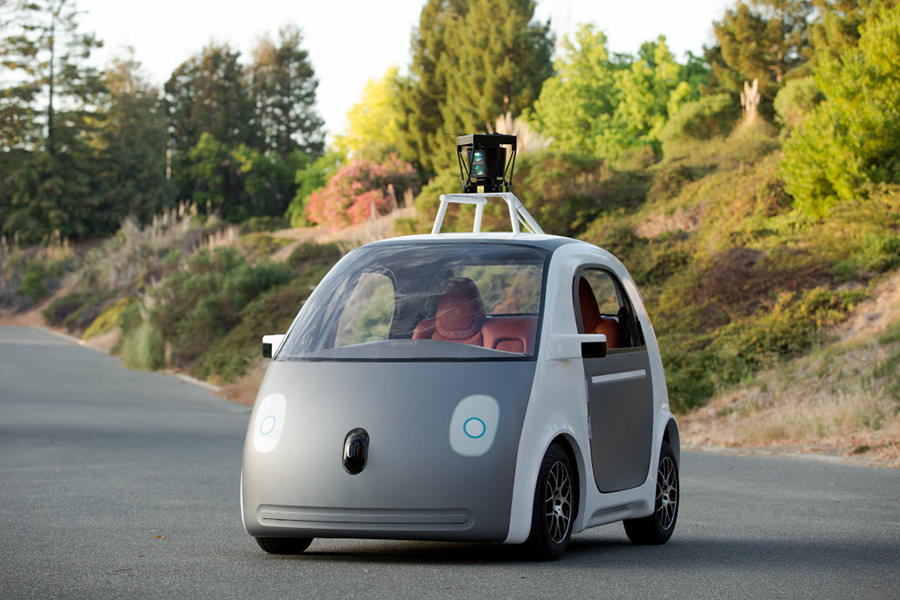Google I/O Conference: What to look for
Loading...
When Google holds its annual I/O conference, things tend to get interesting.
Two years ago, for example, the developer conference saw the video of a skydiving expedition, live-streamed through a new product called Google Glass.
Coming three weeks after Apple's Worldwide Developer's Conference (WWDC), this year's Google event will be held on June 25 and 26 in San Francisco. And there's a lot to expect – from innovations in wearable devices to home automation. Here are four possible announcements to look for on the Google horizon:
Android updates:
Google's mobile operating system maintains the envious position as the world's most popular. In 2013, according to market research firm IDC, Android-based smart phones dominated global sales. Samsung alone, the smart phone vendor that sells the Android-based Galaxy line, had more than 30 percent of the smart phone market. And last year marked the first time that the Google Play store clocked more downloads than Apple's App Store.
While most reporters and analysts aren't holding their breath for a new version of Android – Android 4.4 or "KitKat" was just released in October 2013 – we might get a glimpse of what's to come. The rumor mill has hinted at new security updates to a completed Android Studio.
Any updates we do see, however, are likely to rely on Android Intents, a technology that allows apps to easily communicate and share data with each other. In other words, users can navigate faster between apps, and apps can function more similarly to the way links do on the Web.
Smart cars:
It's been a few years since we first heard news of Google's self-driving car. But with the announcement in January of the Open Automotive Alliance – a group consisting of Google, General Motors, Audi, Hyundai, and chip manufacturer Nvidia – the stage seems set for a new development in the evolution of the "smart car." Most likely, we will see some kind of Android-based in-car operating system, as Automotive News recently reported, citing "three sources briefed on the project." This means that a smart phone using Android could be operated using a car's dashboard display, according to the sources cited in the article.
Wearables:
From Google Glass to the widely-anticipated Apple iWatch, Silicon Valley is betting big on wearable devices, with nearly 112 million wearable devices expected to be sold in 2018, according to IDC. And after Google announced Android Wear in March, a new operating system for wearable devices, we can likely expect some updates to the Google canon of wearables at this week's event. According to CNET, "Samsung plans to introduce its first Android Wear device" this week.
Home automation:
Google's Nest Labs, the home automation company, is acquiring DropCam for about $555 million, as reported by Reuters. The camera start-up lets you monitor your home regardless of where you are. While Google may stay quiet on their exact plans for continuing to expand into the world of household appliances, such signs indicate that the Internet of Things is an important arena for the company and one that they're actively cultivating. We may be witnessing the seeds being planted for a future smart house a few I/O conferences down the line.






